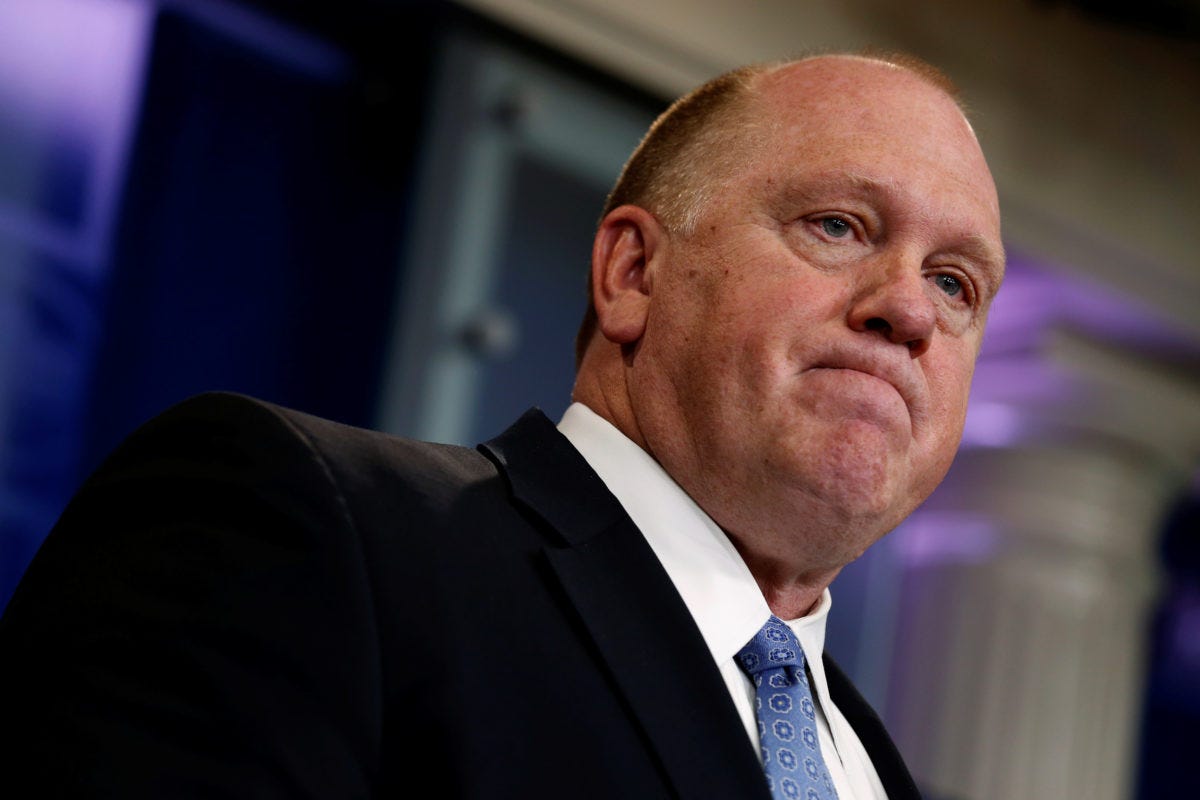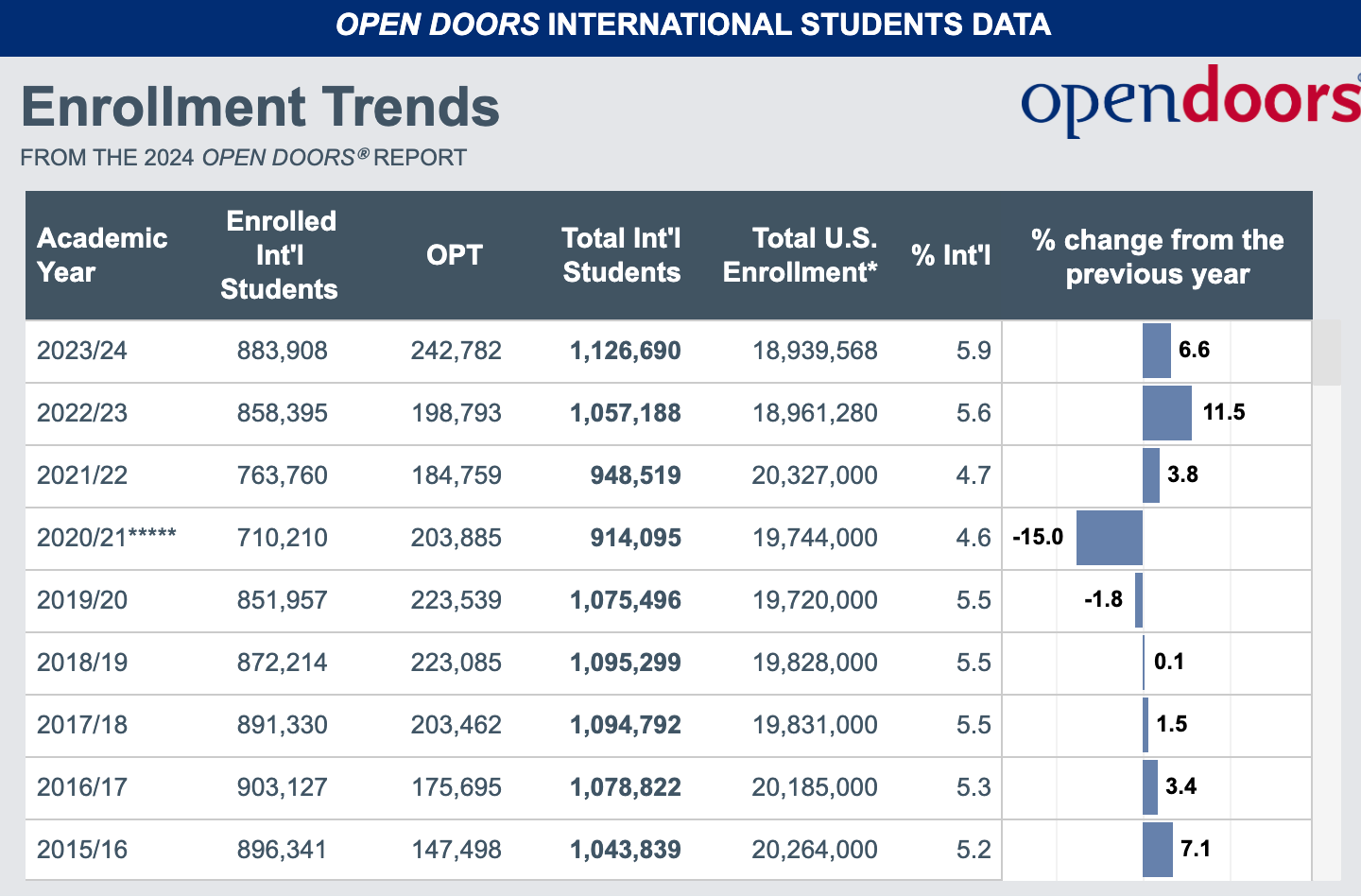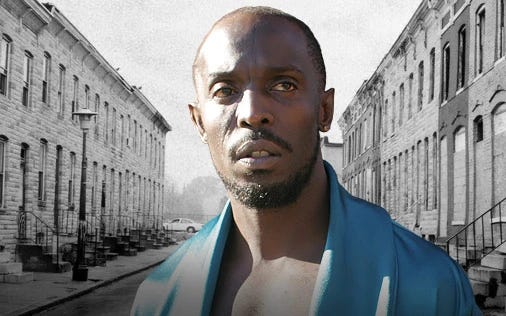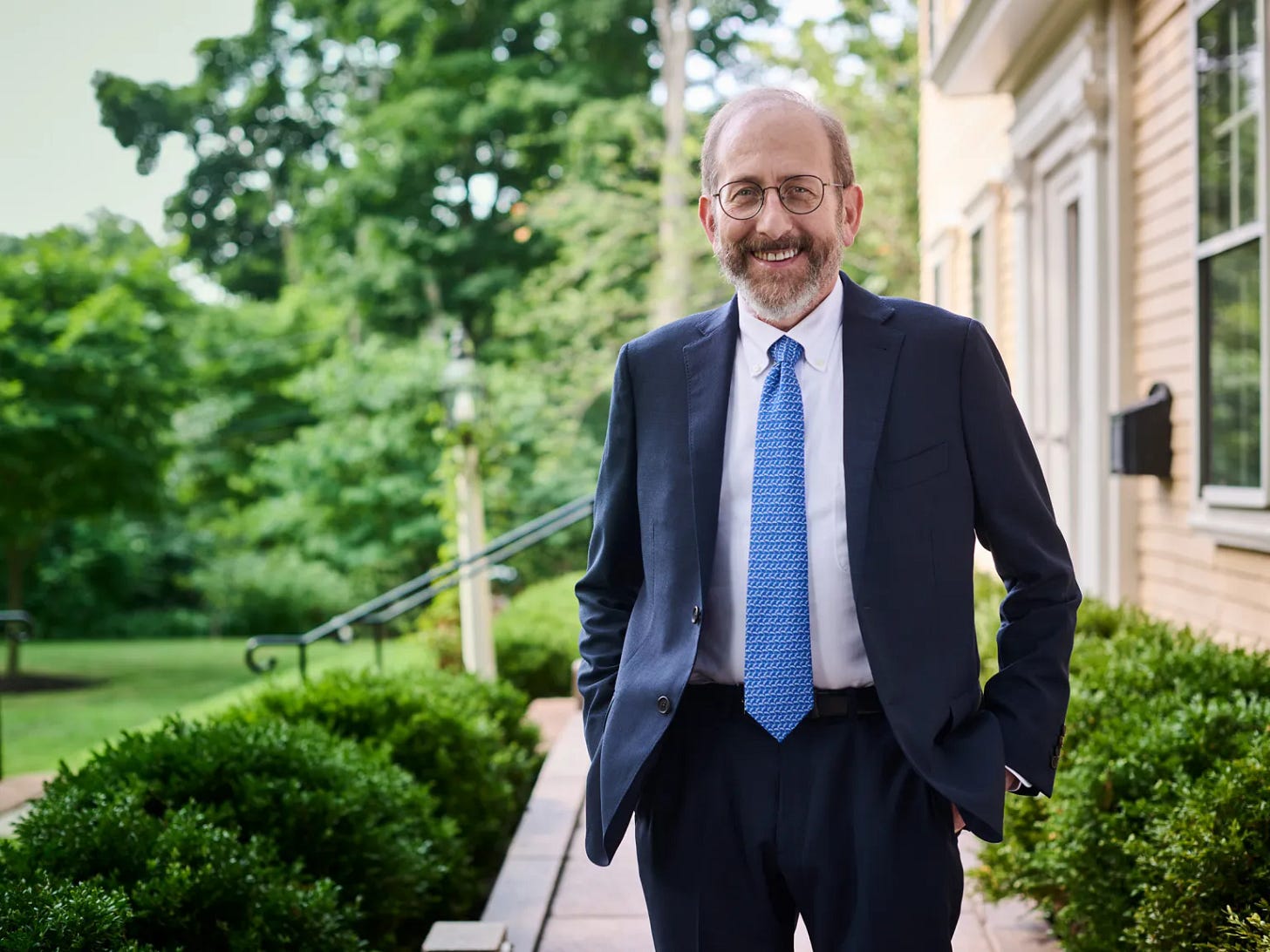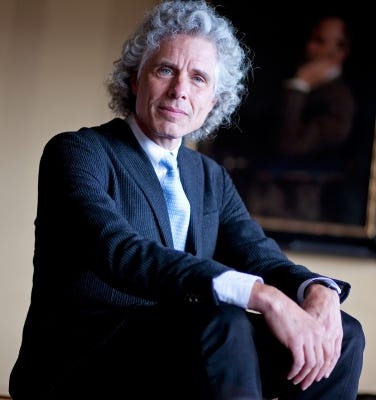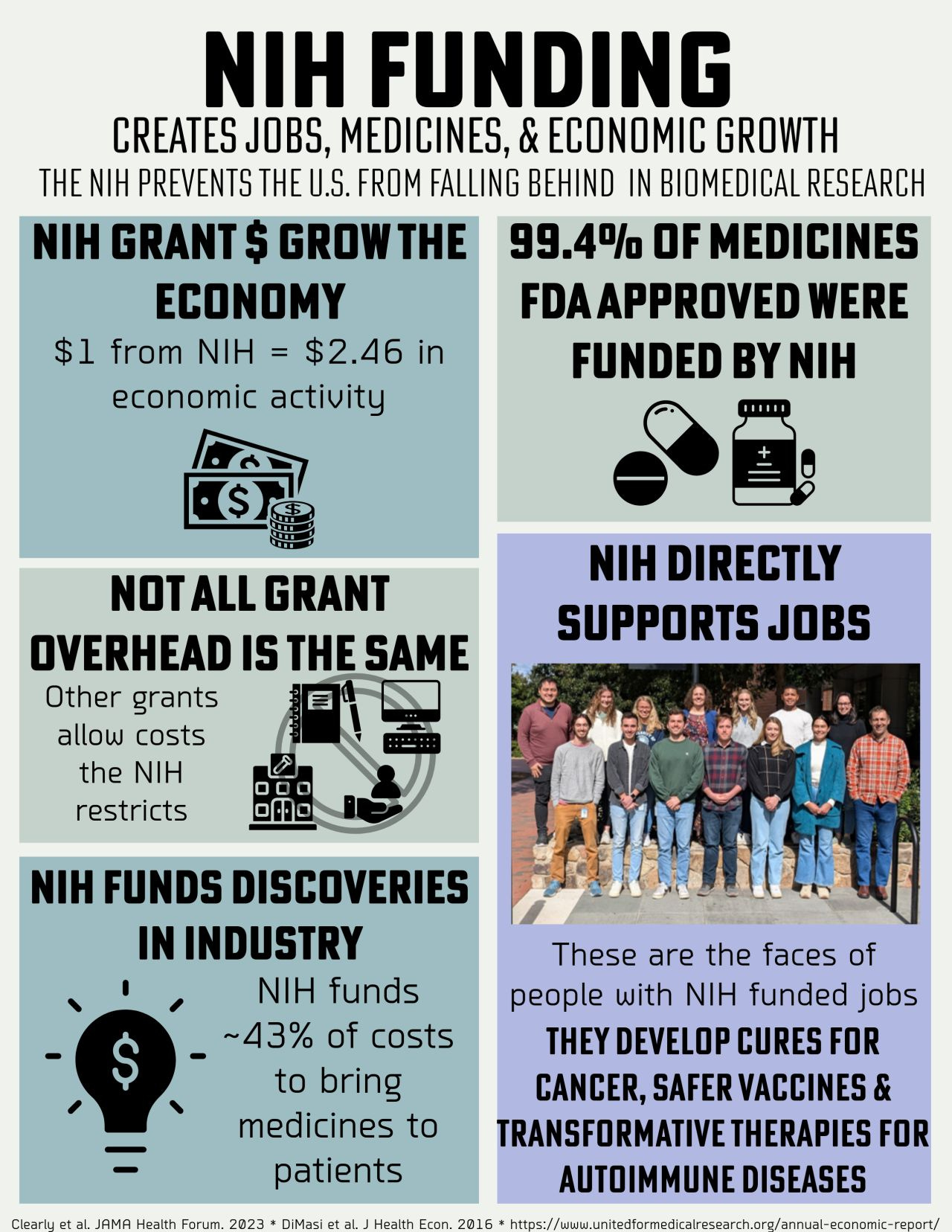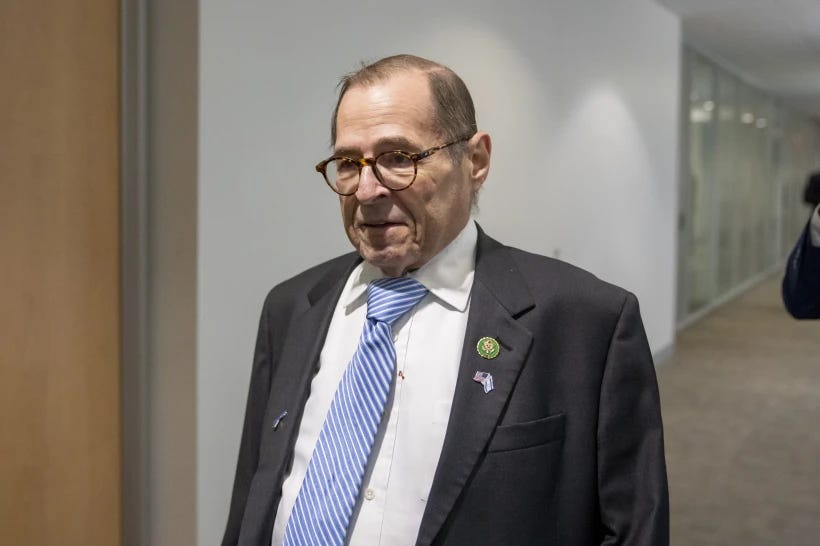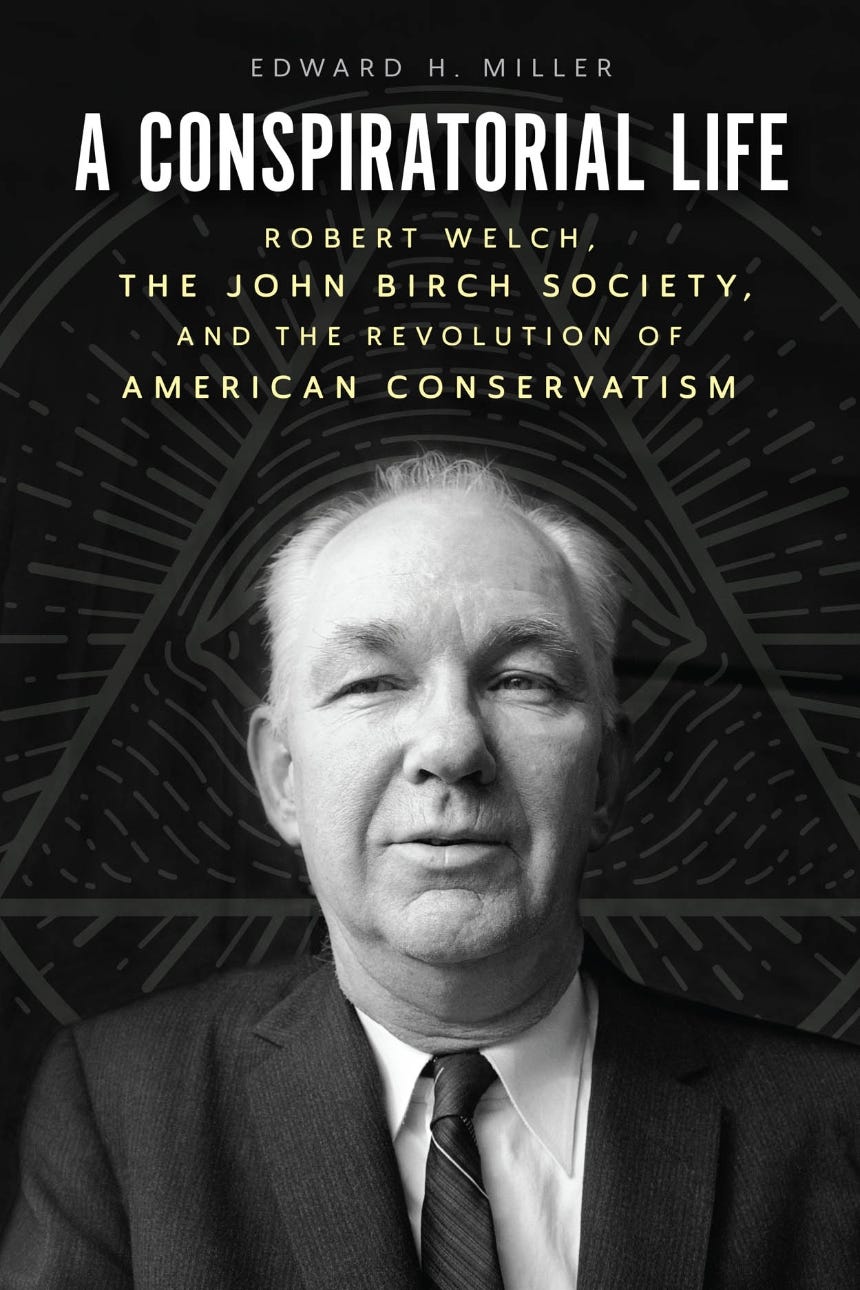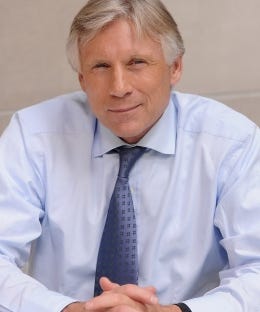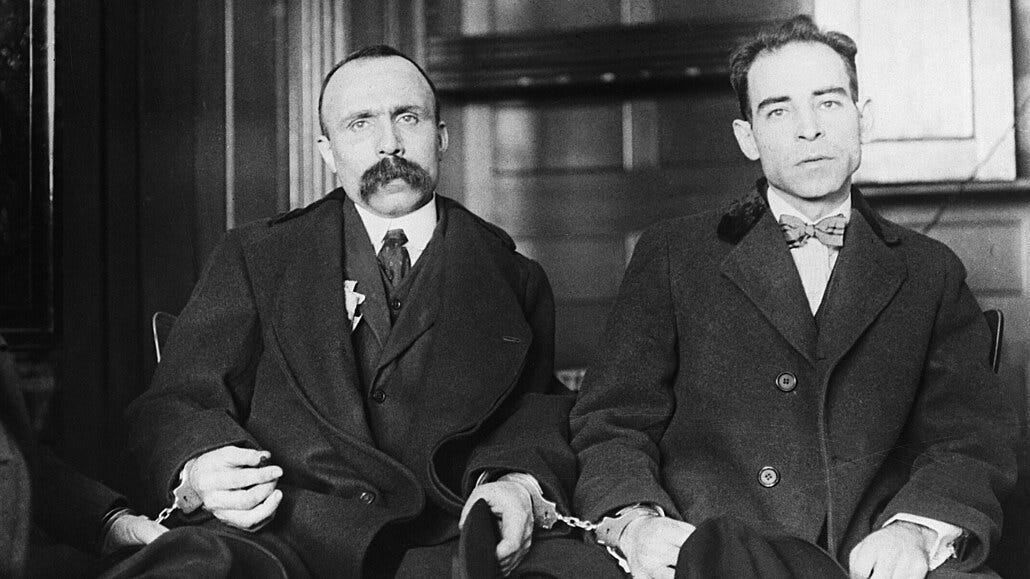Trump is setting us back with his war on education

Over the last 14 years, folks in China have welcomed me to teach fairly often. Whether they were graduate students at Tsinghua University or undergraduates at the Shanghai University of Finance and Economics, the students I was privileged to teach were smart and hardworking. Some even asked for extra homework, a request I never got at the University of Nebraska-Lincoln, even from some outstanding students there.
That’s why a new report from Bloomberg News is alarming. Headlined “Why US Men Think College Isn’t Worth It Anymore,” the piece bemoans the erosion of working-class men’s status and prospects in the U.S. In that decline, a turn away from schooling is key.
“As U.S. men forgo higher education, the demographic group as a whole has lost ground in other areas too,” the piece reports. “Working-class men today are less likely to be employed than they were four decades ago, their inflation-adjusted wages have barely budged in more than 50 years, they’re less prone to get married or have children, and an increasing number report having no close friends. Men are also four times more likely than women to die by suicide. Data show that men age 18-30 spent an average of 6.6 nonsleeping hours alone each day in 2023, 18 percent more than they did in 2019 and over an hour more than women did, according to a report by the Aspen Economic Strategy Group.”
The suggestion, of course, is that a college education can boost earning power, aid in social mobility and status, and lead to better health and wellbeing. All those things are backed up by data. A wealth of it shows that more schooling drives such benefits.
Perhaps not surprisingly, higher education also increases one’s ability to think critically and, in theory, spawns smarter political decision-making. The disproportionate support Donald J. Trump has enjoyed among the less schooled, the so-called diploma divide, suggests as much. Dumb voters vote dumbly, it seems.
But perpetuating ignorance may be why so many on the right decry higher education and why President Trump is leading a war on it. He just launched his newest volley in an executive order attempting to reshape the college accrediting process.
The order asks the secretary of education to “hold higher education accreditors accountable including through denial, monitoring, suspension, or termination for poor performance or violations to the federal Civil Rights Act,” a White House official told CNN.
As the news outlet reported, the order also “directs the attorney general and the secretary of education to investigate and terminate unlawful discrimination by American higher education institutions, including law schools and medical schools,” the official said.
Trump’s order would shake up the arcane but pivotal world of college accreditation, a move Trump has called his “secret weapon” in his bid to remake higher education, according to The Wall Street Journal.
The order aims to use the accrediting system to combat what Trump views as discriminatory practices and “ideological overreach” on college campuses, the Journal reported. It would put a greater focus on intellectual diversity among faculty — presumably putting more conservative ideologues in the teacher’s lounge — and on student success. It also would make it easier for schools to switch accreditors and for new accreditors to gain federal approval.
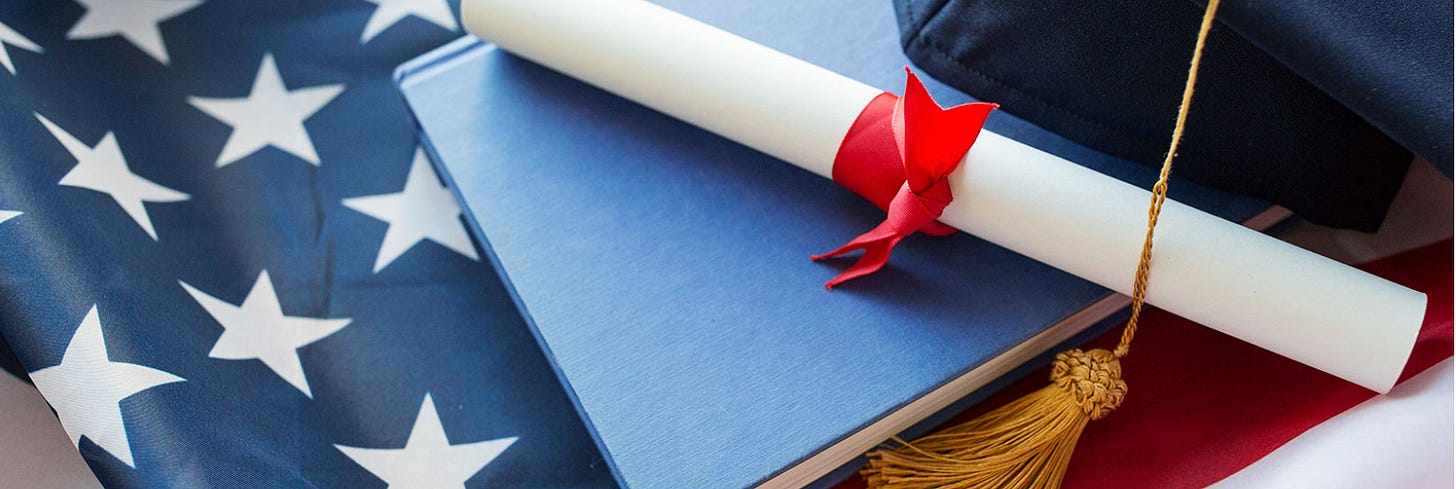
As the newspaper reported, accreditors set standards that must be met to access federal financial aid. The federal government gave $120.8 billion in loans, grants and work-study funds to more than 9.9 million students in the year ended last September. To earn an accreditor’s seal of approval, higher-education institutions must prove they meet standards covering everything from their mission and admissions policies to the quality of their faculty and programming.
“Revoking accreditation is an existential threat for these universities,” Andrew Gillen, a research fellow at the Cato Institute, told the paper. “If you lose Pell grants and lose student loans, for most colleges that means you’re done.”
The effort mirrors Trump’s slash and burn approach to education. As the Journal reported, proposed cuts to National Institutes of Health funding, currently being fought over in court, have driven universities to freeze hiring, rescind graduate student offers and pause research. The White House has targeted several Ivy League schools, including Columbia, Harvard, Princeton and Brown, with federal grant cuts or freezes, citing antisemitism concerns.
Trump, of course, has particularly attacked efforts to promote diversity on campus, echoing the themes of far-right extremists. Such rightists amplify a national undercurrent of dissatisfaction with schooling.
“Similar messaging has come from activists such as Charlie Kirk, who traveled to more than two dozen colleges before the 2024 election on what he called the ‘You’re Being Brainwashed Tour,’ to try to get more members of Generation Z to cast a vote for Trump,” the Bloomberg piece notes. “Almost one-third of U.S. adults said they have little or no confidence in higher education, according to a Gallup Poll conducted in June 2024—before Trump’s latest tirades against academia. In 2020, 41 percent of young men aged 18-29 voted for Trump; that number jumped to 56 percent in the 2024 election.”
Should this worry us all? Unquestionably.
Trump’s demagogic promises of restoring a 1950s culture in which a high school degree and a well-paying assembly line job guarantee the American Dream seem as fictional as his vows to cut grocery prices and scale back inflation. The sepia-toned nostalgia he trades in is nonsense in the 21st century.
That brings me back to China. In the current great power competition, the country has some key edges over the United States. Start with the population disparity: 1.4 billion compared with 342 million. Then move onto governmental systems, where one prizes stability and competence and the other lately has been erratic and unpredictable. But most of all, consider education, where China graduates nearly 4 million college students year, nearly double the U.S. tally.
For educators, of course, the last category is the most unsettling, especially since so many Chinese are drawn to science and technology. As MSNBC reported, China graduates almost twice as many STEM-oriented Ph.D.s than the U.S., an estimated 77,000 versus 40,000, according to the Center for Security and Emerging Technology. Exclude international students from that count and China outpaces the U.S. 3 to 1.
The Chinese students I taught were representative. They worked like demons and were respectful of knowledge and education, realizing that school was their ticket upward in society. And, simply put, if these edges continue, the Chinese are going to beat the pants off us.
Meanwhile, our president would take us on sorry steps backwards. Yes, globalization driven by trade liberalization from the Reagan years onward has hollowed out American manufacturing, driving lower-skilled work overseas. And, yes, this has eroded the American Dream for many, at least for those who thought assembly-line jobs were the smartest route upward.

But is the answer really a return to such low-skilled work, the sort that Chinese meme-makers are satirizing? Is the answer a remaking of education to suit the political whims of some fantasists who momentarily are in power? Is the answer not, instead, a ramping up in university education, a stepping up that would better equip the U.S. to compete globally?
The multiple tragedies now unfolding in Washington and spreading, cancer-like, across the nation’s campuses are quite a partisan matter — one in which the Democrats have ceded far too much ground. Ever since at least the Clinton Administration, Democrats have lost the working class, particularly men.
Just recall how President Bill Clinton championed higher education as a sensible response to economic change. Consider his message in his 1998 State of the Union address:
“I have something to say to every family listening to us tonight: Your children can go on to college,” Clinton said. “If you know a child from a poor family, tell her not to give up-she can go on to college. If you know a young couple struggling with bills, worried they won’t be able to send their children to college, tell them not to give up-their children can go on to college. If you know somebody who’s caught in a dead-end job and afraid he can’t afford the classes necessary to get better jobs for the rest of his life, tell him not to give up-he can go on to college. Because of the things that have been done, we can make college as universal in the 21st century as high school is today. And, my friends, that will change the face and future of America.”

Of course, since then, college has grown out of reach for many — or just something they feel they can’t or don’t want to achieve. Recall that less than less than 38 percent of American adults have bachelor’s degree to higher.
And that proportion may shrink, as college costs soar and state support shrinks in many places. As the Bloomberg piece notes, sticker prices in the Ivy League are near $100,000 a year, while public in-state schools cost about $25,000 annually, according to the College Board. “These costs also disadvantage lower-income women and girls, but it’s boys and men who are more often taught (consciously or not) the value of starting to collect a paycheck as soon as possible,” the report says.
Indeed, given such costs, it may be reasonable for many to forgo pricey schooling to instead seek a trade-school salary. And many may be more suited to that than to computer science or, heaven help us, the humanities.
But where does that short-sighted approach leave American society overall? Will there really be enough jobs for the underschooled? Is it really smart for our society generally to underfund higher education?
And, longer term, what road does that approach put our politics on? Does it blaze a path to enduring demagoguery, a country in which people unequipped to think critically can repeatedly be suckered by slick salesmen who make unfulfillable promises?
Some highly competitive and smart folks China would love just such a result. For the rest of us, however, the answers will earn us a dismally failing grade.



